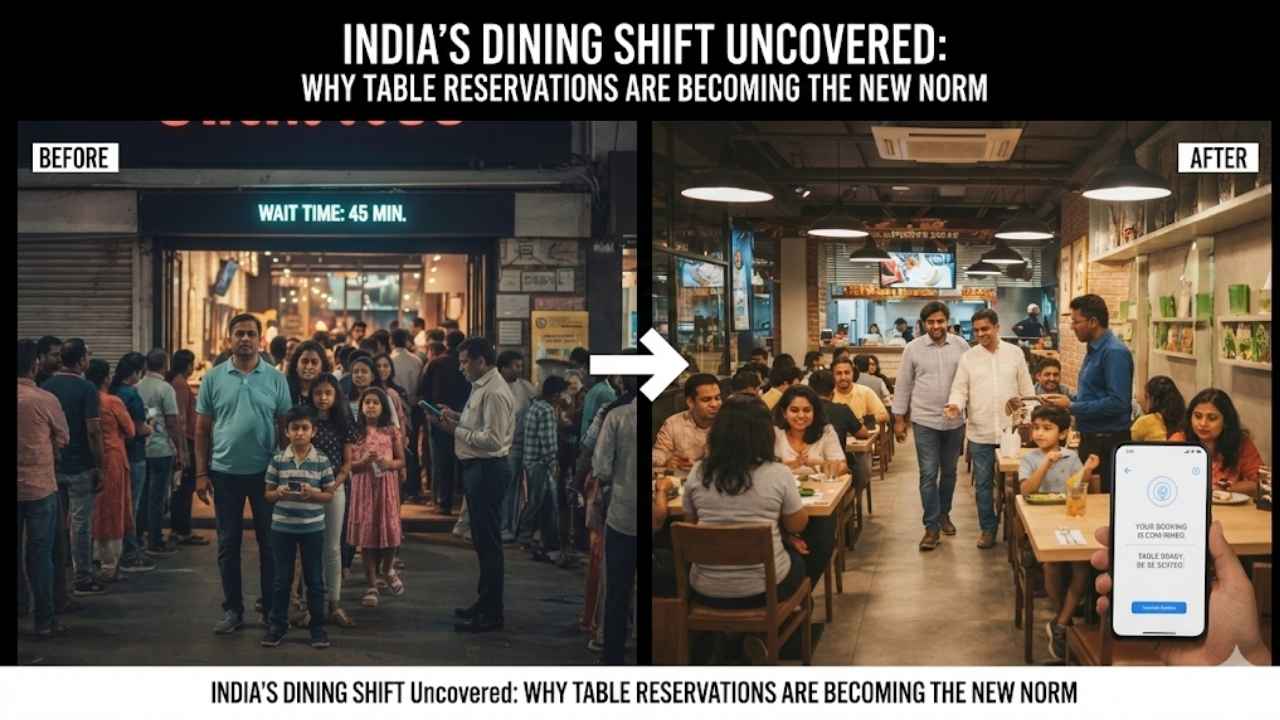If you decide you need to file a lawsuit against a person or company, you will presumably due so because you’re alleging that they made you ill or injured you. You probably won’t file such a lawsuit lightly. You likely realize the time and energy that go into such an endeavor.
You might try to get economic and non-economic damages from the defendant. Non-economic damages can increase your settlement amount, assuming the defendant wants to settle. If they don’t, you will need to gather as much evidence as possible to convince a jury that you’re in the right when you say the defendant should give you money.
Before you file the lawsuit, you may want to know about some of the most common types of non-economic damages that you might try to get from the defendant. We will talk about some of those in the following article.
Damages for Loss of Consortium
Damages for loss of consortium refer to money that you will try to get from the defendant if you allege that their action or inaction caused your relationship with a family member to change in a negative way. Maybe you have a spouse or partner. After the accident or incident that injured you or made you ill, you can no longer have an intimate physical relationship with them.
If you suffered a traumatic brain injury due to the defendant’s action or inaction, then maybe you can’t share the same companionship with your loved ones that you once could. Perhaps you once had a deep friendship with them, but now, your entire personality has changed, so that’s no longer the case. This kind of thing often happens with TBIs.
If medical professionals believe that you will eventually get back to your old self, then you might feel the need to seek less money in non-economic damages. However, if your doctors determine that you will never go back to your old self, or not completely, then you will likely seek more for that.
Damages for Pain and Suffering
You might also try to get money from the defendant for pain and suffering. This term comes into play a lot in personal injury lawsuits.
Pain and suffering cover a lot of ground. If you’re trying to get money from the defendant, then maybe that’s because their action or inaction caused an injury like a broken bone. Perhaps the defendant drove drunk and hit your car, breaking your leg.
In the aftermath, you needed surgery. You had the pain you experienced going into that surgery and more pain you experienced afterward. You also had to go through months of physical therapy, and you experienced pain there as well.
It’s not as easy to put a specific dollar amount on how much the defendant should give you for something like that. Your lawyer might consider previous cases like yours. They may tell you to ask for a similar amount for your pain and suffering to what other individuals in your situation received.
Mental Anguish
You may also try to get money from the defendant for mental anguish. This term can also cover a lot of ground or apply in many different situations where you’re trying to hold someone liable in a civil lawsuit.
You might experience mental anguish if the defendant did something that caused you a lot of stress and anxiety in the aftermath. Let’s look at the situation again where the defendant ran into your vehicle with their car.
In addition to the physical pain that you endured, maybe you had a hard time coming back from the accident. You find that you can’t just hop back behind the wheel of a car and drive again.
Maybe you have diagnosed PTSD from the crash. You may have nightmares about it. You might wake up shaking. You may have to seek therapy.
If so, then there’s little doubt you’re experiencing mental anguish. Again, your lawyer might help you to come up with a number that you feel will pay you back and balance the scales of justice.
Loss of Companionship
Maybe you’re suing the defendant in a wrongful death suit. Perhaps you allege that they did something that killed one of your relatives. Maybe that’s a child, your spouse, your parent, or someone else who you loved deeply.
Loss of companionship means that you will never have this person as part of your life again. Like the other losses we’ve mentioned, it’s hard to put an arbitrary number or assign a cash value when you’re thinking about what this person meant. Now, though, there’s a hole in your life that they once occupied.
The defendant will need to pay an amount that makes up for that loss. It’s practically unthinkable that any monetary sum could make up for a human being not being in your life any longer, but getting money might balance the scales at least a little.
Reputation Damage
You might also try to get money from the defendant for reputation damage. Imagine a scenario where a coworker found some private videos that you and your spouse made on your computer. They shared those with the rest of the office.
What they did might fall into the realm of a criminal offense, but you can also go after them with a civil action. Maybe you feel humiliated because of what happened.
You may feel that you have to quit that job and find another one. If you stay on at that position, then your colleagues may never look at you the same way again.
In such a situation, you may absolutely feel justified in trying to get money from the defendant. Their actions harmed your professional standing, so a jury of your peers will probably feel the same way.
You might try to get non-economic damages from a defendant for multiple consequences of their actions. In many cases, you will want both economic and non-economic damages to set things right.






































